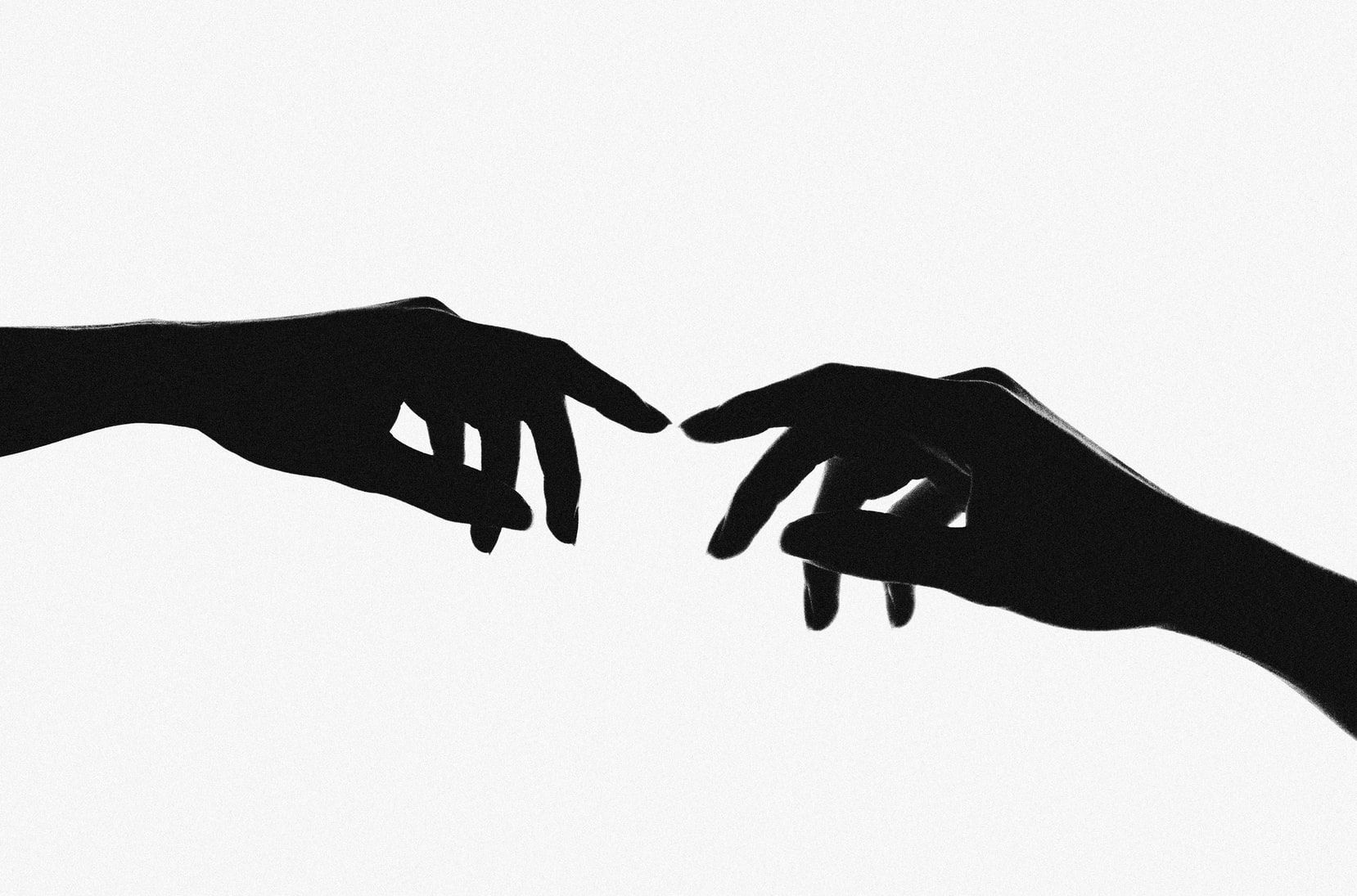Workplace Dark Patterns
When it comes to manipulation, workplaces have already mastered it.

I used to wonder why cigarette breaks were tolerated.
In Australia, they're sacrosanct. The Smoko.
Eventually, I realised they're not a benefit at all.
People used to smoke freely in an office all day.
A smoke break - time-limited, outside - is actually a constraint.
It's only disguised as a benefit.
--
The ad industry's been good to me.
But my London agency contracts had a problem.
They waived a law - 2003/88/EC, the Working Time Directive.
The EU had mandated out of hours pay; trying to find a happy medium between Schnell! Schnell! Germans and baise et Gauloises Galles.
'Oh,' the contracts said, 'no overtime here. If needed, you better work, bitch.'
In agencies this was nothing unusual.
Overwork was life.
--
Advertising is the world I know best, but it's not unique.
From visual effects to video games, overtime crunch is common.
Now, I have friends wondering if those late nights really benefitted them. A punishing but fun job plays well at 21; less so decades later when you're worn out and don't own a house.
Most agencies are built to lose: pyramid-shaped businesses where a predominantly cheap, young staff on free overtime props up a barely profitable model.
If this is white-collar work, I dread to imagine the alternatives.
We didn't think we were stupid.
There was beer in the fridge and a fun vibe; a loose culture where you could say things you never could in a corporate. We dressed casually, had expensed lunches. Took cabs everywhere.
With so many unofficial benefits, it rarely felt like exploitation. More like give and take; cash and favours, like a Sugar Baby.
Agency culture seemed like a benefit, when really it was a weapon.
A workplace dark pattern.
--
Dark patterns are having a moment of recognition.
Typically, they're interface tricks.
Little hoodwinks. Like this:

Deceptions designed to confuse - odd button placement or ambiguous wording - that might add unwanted extras, or stop a cancellation.
Though associated with websites, dark patterns have been mastered by workplaces for decades.
In earlier days, it might have been a company car. Really, a tax break for a business that let them offer lower salaries (in Influence, Robert Cialdini talks about how most would choose the option of a company car, even if the cash alternative was worth more).
Others blurred the lines between the professional and personal. Companies like Google created fun spaces with bean bags and slides; three cooked meals a day; on-site laundry; a creche; even sleep pods. It's almost like they never wanted you to leave.
Virgin offer unlimited holiday; a well-meaning ruse that's lowered days taken.
Facebook will even pay for egg-freezing, to help ambitious women delay children. Many wondered - is this a pragmatic step to equality, or a dystopian over-reach into the womb - making deferred kids a competitive edge?
They all look like perks. Many are tricks.
Perceived comforts that muddy your self-identity, keep you sticking with them, wring more out of you - all heralded by that ultimate workplace red flag: We're like a family here.
Really?
Companies were places we earned; now they're places we bond, and often find love.
As Yuval Harari writes in Sapiens, the traditional roles played by family and community have slowly been replaced by market alternatives, from home loans to matchmaking.
The real question is what role we want the workplace to play in our lives.
Because I've heard the other side: well-intentioned companies striving to create value and ease for their staff. I believe good intentions exist. But as Josef Pieper put it, 'Can the human being be satisfied with being a functionary, a “worker”?'.
Perhaps instead of a free meal, we should be giving people the time and space to live life outside of work.
--
Post-pandemic, the benefits are evolving.
Wellbeing packages are plentiful.
Like a smoke break, the right to switch off after-hours is no longer a right, but a privilege.
There are offers of remote working. Some take it further - work flexibly. On your own terms even, just enough to get the work done.
A year of lockdown has shown the dangers: a total blend of work and life.
So the answer lies deeper than telling employees to self-care. That's a little too much like victim-blaming.
Luckily, dark patterns are harmless when you notice them.
So we need to see them for what they are.
Because no one - least of all me - would say no to a massage, a wellness retreat, or therapy.
It's just not a benefit if you broke me.
